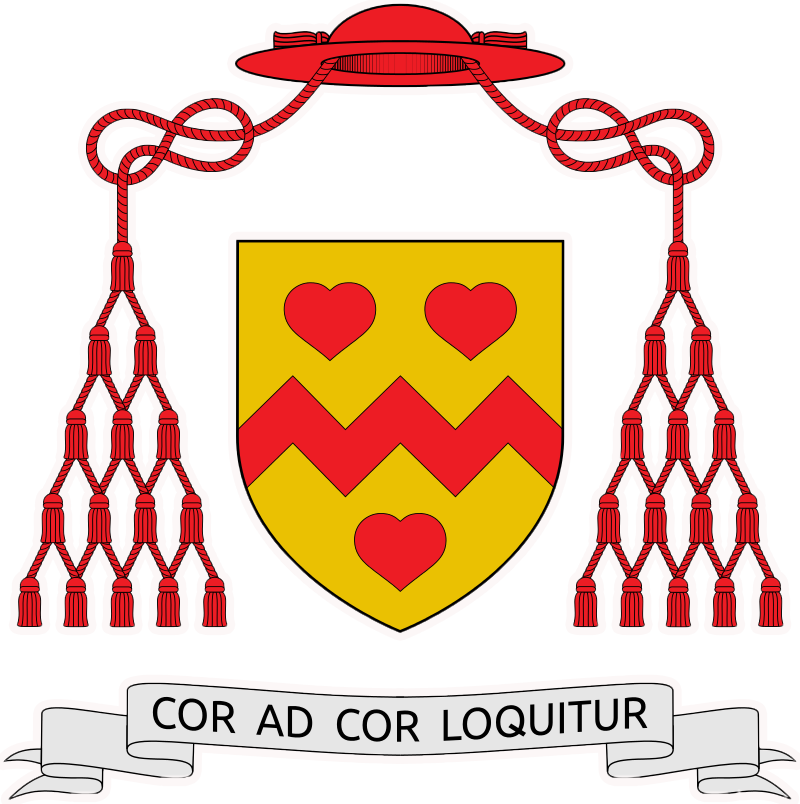Social Sciences
Welcome to our Social Sciences webpage
Within these pages you will find lots of information about the subject and how the department operates.
If you have any queries regarding social sciences please do not hesitate to get in touch with me.
Mrs S Hoskins
Social Sciences
Our Curriculum
Details of our curriculum can be found via these buttons

Pearson BTEC Level 1/2 Tech Award in Health and Social Care (2022 Specification)
The BTEC Tech Award in Health and Social Care provides learners with an engaging and hands-on introduction to working in health, social care and early years settings. This qualification helps students understand how individuals grow and develop over time, the role of care professionals, and how to support individuals to maintain health and wellbeing. It is designed for learners aged 14–16 in Key Stage 4.
Who is this qualification for?
This course is ideal for students who are interested in a future career in nursing, social work, midwifery, early years education, or other health and care professions. It is also suitable for learners who enjoy practical learning and applying knowledge to real-life scenarios. The qualification is designed to support progression to post-16 study, including BTEC Nationals, T Levels, and apprenticeships in related sectors. The qualification is equivalent to one GCSE.
What will the student study as part of this qualification?
Students will study three key components:
Component 1: Human Lifespan Development – understanding how people grow and change over their lives and the factors that influence development
Component 2: Health and Social Care Services and Values – exploring how care services are provided and the importance of person-centred values
Component 3: Health and Wellbeing – applying knowledge to assess health and design health improvement plans
How will students be assessed?
The course includes a mix of internal and external assessment:
Component 1 and 2: Internally assessed through coursework (marked by teachers and externally moderated)
Component 3: Externally assessed through a set task completed under supervised conditions
Further information can be found by following the link below:
Health & Social Care (2022) | BTEC Tech Award | Pearson qualifications
For more information please see Mrs Hoskins, course leader for Social Sciences courses
Pearson Level 3 AAQ BTEC National in Health and Social Care (Extended Certificate)
Introduction
The Pearson Level 3 AAQ BTEC National in Health and Social Care (Extended Certificate) is a high-quality vocational qualification designed to prepare students for further education, training, or employment in the health and social care sector. It provides a blend of academic and practical learning, developing essential knowledge, skills, and behaviours needed to work successfully in a range of care-related roles. This qualification is equivalent in size to one A Level.
Who is this qualification for?
This course is ideal for students who are interested in pursuing careers in health, social care, early years, or community support. It’s suitable for learners who enjoy combining coursework with externally assessed exams and who want a career-focused qualification that supports progression to university or employment. Many students go on to study nursing, social work, occupational therapy, paramedic science, or related degrees.
What will the student study as part of this qualification?
Students will study four units:
Unit 1: Human Lifespan Development (Exam)
Unit 2: Working in Health and Social Care (Exam)
Unit 5: Meeting Individual Care and Support Needs (Coursework)
Unit 6: Supporting Individuals with Additional Needs (Coursework)
These units cover human development through the life stages, key roles and responsibilities in the care sector, the importance of person-centred values, and the practical ways care professionals meet a variety of individual needs.
How will students be assessed?
Assessment is a combination of:
External assessment: Two units (1 and 2) assessed through written examinations
Internal assessment: Two coursework-based units (5 and 6), marked by teachers and externally moderated
This approach allows students to develop both academic knowledge and practical application.
Further information can be found by following the link below:
Health and Social Care (AAQ) | Pearson qualifications
For more information please see Mrs Hoskins, course leader for Social Sciences Courses
AQA A Level Psychology (2025 Specification)
Introduction
AQA A Level Psychology offers students the opportunity to explore human behaviour, thought processes, and emotional responses through a scientific lens. The course investigates the core principles and approaches within psychology, as well as real-world applications and contemporary issues. It is a highly respected academic subject that develops analytical, research, and critical thinking skills.
Who is this qualification for?
This qualification is ideal for students who are curious about why people behave the way they do and are interested in exploring mental processes, relationships, memory, and mental health. It suits those with an interest in science, social science, or health and care. Psychology is especially useful for students considering careers in mental health, education, criminology, law, social work, or healthcare.
What will the student study as part of this qualification?
Students will explore a range of engaging topics including:
Foundations of Psychology – including memory, attachment, and social influence
Approaches and Biopsychology – understanding different perspectives and biological bases of behaviour
Research Methods – how psychologists carry out investigations
Issues and Debates – including nature vs. nurture and ethical concerns
Optional units include:Schizophrenia
Forensic Psychology
Gender
How will students be assessed?
Assessment is entirely exam-based, with three written exam papers at the end of the two-year course:
Paper 1: Introductory topics in psychology
Paper 2: Psychology in context
Paper 3: Issues and options in psychology
Each paper is 2 hours long and contributes equally to the final grade.
Further information can be found by following the link below:
AQA | Psychology | A-level | A-level Psychology
For more information please see Mrs Hoskins, course leader for Social Sciences courses
AQA A Level Sociology (2025 Specification)
Introduction
AQA A Level Sociology explores how society is structured and how individuals and groups interact within it. The course examines key social issues such as inequality, crime, gender, education, and the role of institutions. It encourages students to think critically, evaluate evidence, and understand different sociological perspectives. Sociology is a highly regarded academic subject that develops research, analytical, and communication skills.
Who is this qualification for?
This qualification is ideal for students interested in understanding the world around them, how society operates, and how social changes affect individuals and communities. It suits those curious about current events, social justice, and human behaviour. Sociology is a valuable subject for learners considering careers in law, social work, education, journalism, politics, criminology, or public services.
What will the student study as part of this qualification?
Students will explore a range of sociological topics, including:
Education – the role of education in society and patterns of achievement
Families and Households – changing family structures and roles
Beliefs in Society – religion, secularisation, and ideology
Crime and Deviance – causes of crime, crime statistics, and social control
Sociological Theory and Methods – key perspectives, debates, and how sociologists carry out research
The course provides opportunities to apply theory to real-world contexts and current social issues.
How will students be assessed?
The qualification is assessed entirely through exams at the end of the two-year course:
Paper 1: Education with Theory and Methods
Paper 2: Topics in Sociology (e.g. Families and Beliefs)
Paper 3: Crime and Deviance with Theory and Methods
Each paper is 2 hours long and equally weighted.
Further information can be found by following the link below:
AQA | Sociology | A-level | A-level Sociology
For more information please see Mrs Hoskins, course leader for Social Sciences courses
WJEC Level 3 Applied Diploma in Criminology
The WJEC Level 3 Applied Diploma in Criminology is a fascinating and in-depth qualification that explores the nature of crime, criminal behaviour, and how society responds to crime and deviance. Combining elements of sociology, law, and psychology, the full diploma is equivalent in size to one A Level and provides an excellent foundation for further study or employment in a wide range of fields.
Who is this qualification for?
This course is designed for students who are interested in understanding the causes of crime, how crime is investigated, and how the legal system works. It is well suited for those considering careers in criminal justice, policing, probation, social work, law, youth work, or forensic psychology. It complements other social science and humanities subjects and is ideal for learners who prefer a mix of coursework and exams. This course is equivalent to one A Level.
What will the student study as part of this qualification?
Students will complete four units:
Unit 1: Changing Awareness of Crime
Unit 2: Criminological Theories
Unit 3: Crime Scene to Courtroom
Unit 4: Crime and Punishment
Each unit builds knowledge and understanding of crime from different perspectives, using real-life case studies and current events.
How will students be assessed?
Assessment is split equally between internal controlled assessments and external examinations:
Units 1 and 3: Internally assessed through set tasks under supervised conditions
Units 2 and 4: Externally assessed through formal written exams
Further information can be found by following the link below:
For more information please see Mrs Hoskins, course leader for Social Sciences courses












